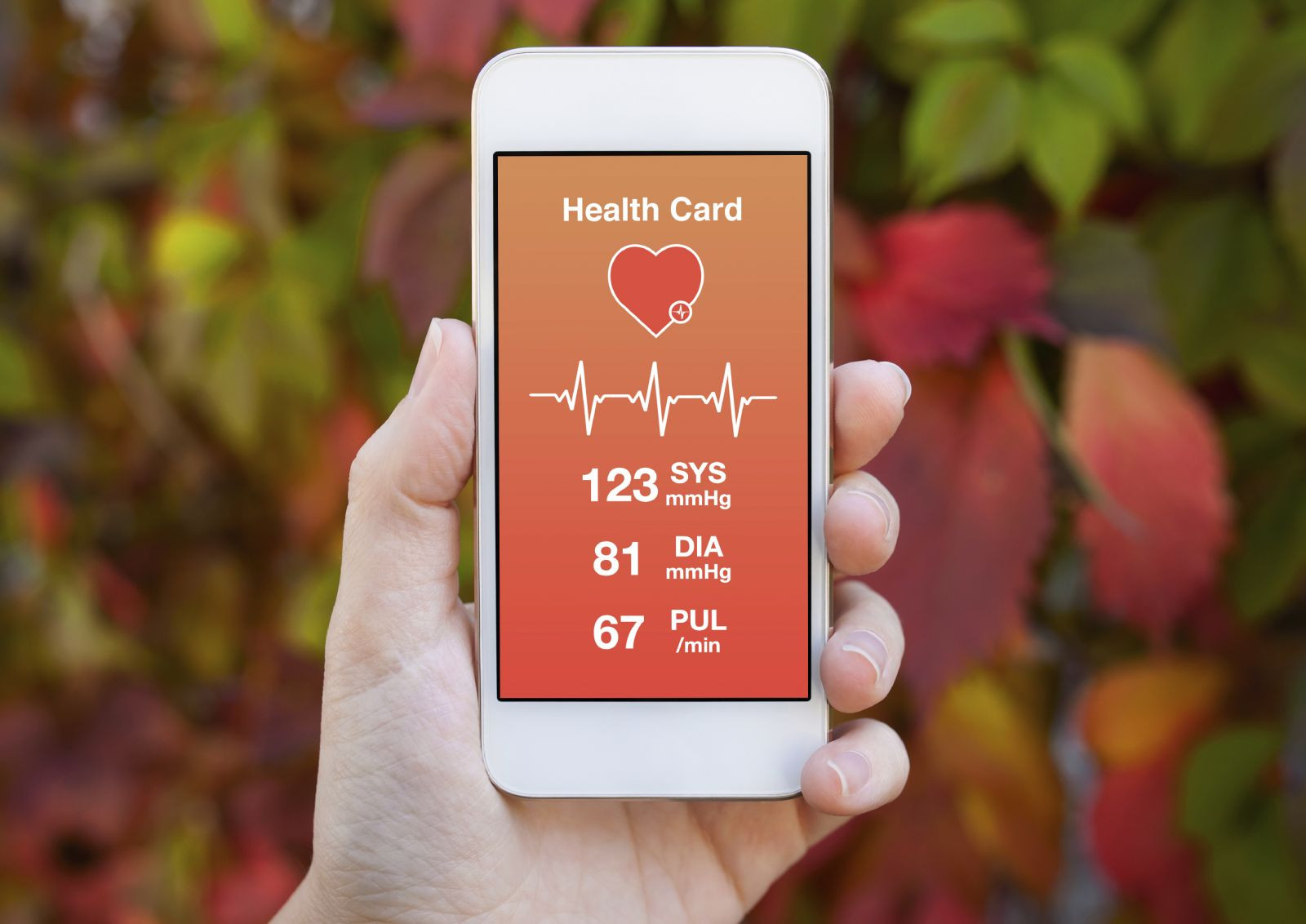
Celiac disease: Exploring four myths

What is prostatitis and how is it treated?

What is Cushing syndrome?

Exercises to relieve joint pain

Think your child has ADHD? What your pediatrician can do

Foam roller: Could you benefit from this massage tool?

Stepping up activity if winter slowed you down

Common causes of cloudy urine

Dragon fruit: How to enjoy this antioxidant-rich fruit

Are you getting health care you don't need?
Medical Devices & Technology Archive
Articles
Must-have high-tech tools for caregivers
|
When you are caring for someone who is ill, elderly, or disabled, it's important to consider how you'll handle those times when you can't be with your loved one in person. Thankfully, today's technology offers options that can help you keep track of your loved one's safety and well-being.
Most people are familiar with the emergency response system known as Lifeline. Experts call devices and systems like Lifeline "telecare." But there's much more to telecare than emergency assistance. Today, there are a multitude of telecare devices that can help you stay informed of your loved one's activities and needs in real time.
Getting an MRI if you have a pacemaker
Ask the Doctor
Q. I've had a pacemaker for several years. Does it make sense to replace it with a newer model that is safe during an MRI scan?
A. Your concern is valid, given some estimates that many people who currently have an implanted cardiac electronic device will need magnetic resonance imaging (MRI) during their lifetime. Sometimes, computed tomography (CT) scans can be used instead. But MRI is the gold standard for diagnosing certain diseases of the brain and spinal cord.
Harvard researchers headline conference on gene editing
Harvard scientists are getting international attention for their work with breakthrough technology that can edit genes in living cells. Five Harvard experts—Dr. George Church of Harvard Medical School, and Drs. Keith Joung, David Liu, Kiran Musunuru, and Derrick Rossi, all of Harvard University—were featured speakers in the first-ever CRISPR Congress, held in Boston in February 2015. CRISPR stands for clustered regularly interspaced short palindromic repeats. These are segments of genes that contain repeating sequences of DNA.
The Harvard experts spoke to other scientists about CRISPR, which holds the potential to repair gene mutations, fight disease, and improve food supplies. Harvard researchers have demonstrated that CRISPR may be able to lower cholesterol levels, correct gene mutations, and block HIV infection. "Suddenly anyone can edit any piece of any DNA a thousand times more easily and precisely than before, which is game-changing for gene therapies, organ transplantation, aging reversal, and malaria," says Dr. Church.
Better health with smartphone apps
A variety of smartphone or tablet apps are available to support your heart health—for example, by allowing you to track home blood pressure readings and share them with your doctor. |
Downloadable software can educate and motivate, helping you to move in a healthier direction.

Celiac disease: Exploring four myths

What is prostatitis and how is it treated?

What is Cushing syndrome?

Exercises to relieve joint pain

Think your child has ADHD? What your pediatrician can do

Foam roller: Could you benefit from this massage tool?

Stepping up activity if winter slowed you down

Common causes of cloudy urine

Dragon fruit: How to enjoy this antioxidant-rich fruit

Are you getting health care you don't need?
Free Healthbeat Signup
Get the latest in health news delivered to your inbox!
Sign Up




